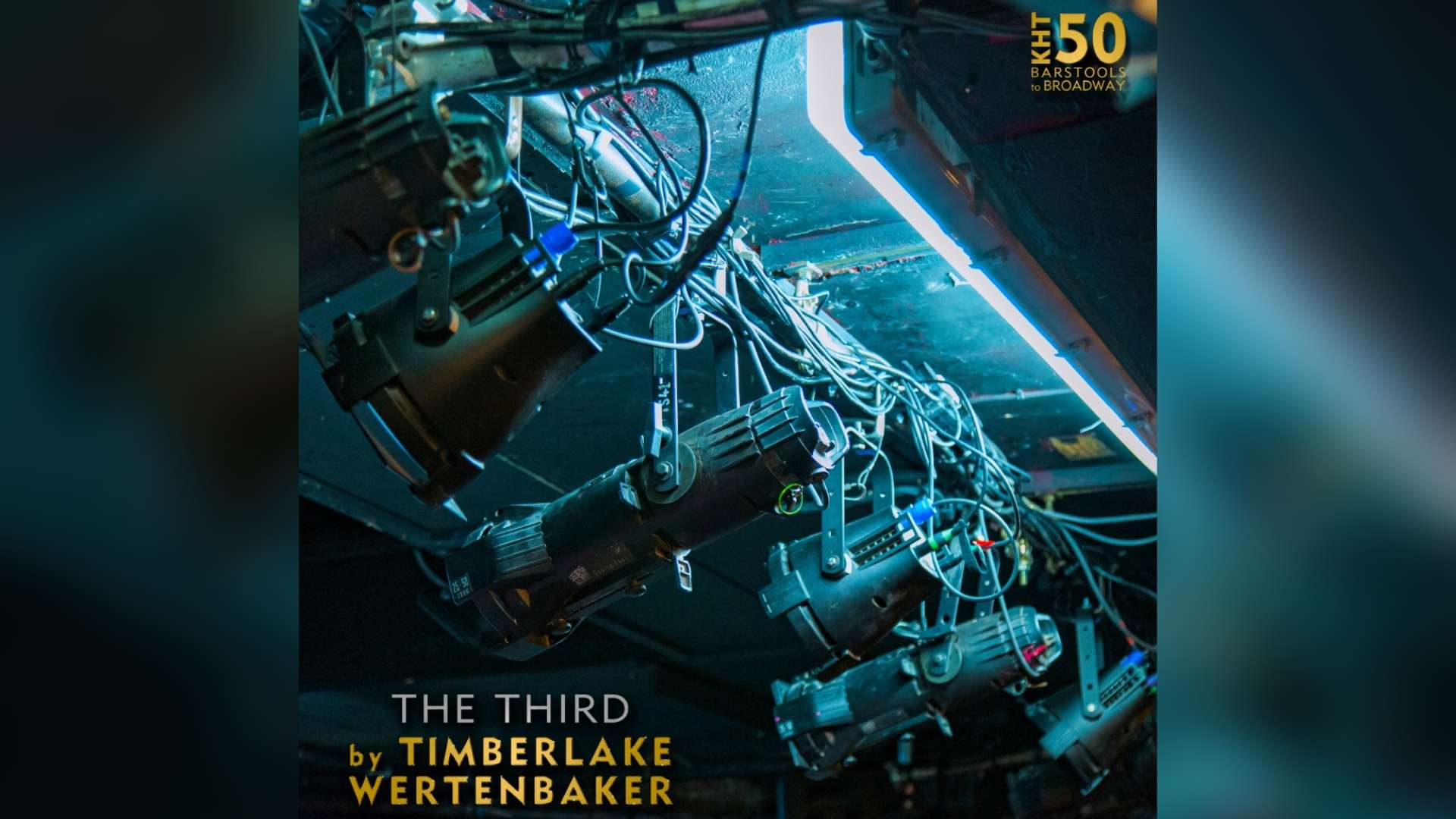 The night of November 5, 2024 was unsettling, and many women and feminists found it hard to sleep. The next day, ironically, Radical Rediscovery – Feminist Theatre in Britain, 1969-1992 opened at London Performance Studios.
The night of November 5, 2024 was unsettling, and many women and feminists found it hard to sleep. The next day, ironically, Radical Rediscovery – Feminist Theatre in Britain, 1969-1992 opened at London Performance Studios.
Radical Rediscovery is a free exhibition Curated by Dr. Susan Croft, founder of the Unfinished Histories archive. It explores the evolution of feminist theatre, alongside the 2nd wave feminist movement, in an era when the government was generous to the arts. It sheds light on the challenges faced and celebrates influential performances and venues. In a male-dominated theatre industry, plays by and for women were nowhere to be found. However, women theatre practitioners repeatedly broke the boundaries, demanding more women representations onstage, increased female employment in the industry, more women playwrights to be commissioned, more learning and training opportunities and more seats on Boards. Their endeavours paved the way for women’s working environment today in the industry, with numerous female directors and playwrights being seen.
The exhibition includes eight display tables, a row of posters, and two televisions showing documentaries and interviews. Its range of materials—flyers, scripts, posters, media coverage, and academic books—showcases both chronological and thematic displays. Whoever you are, a feminist, a theatre practitioner, or neither, you will be impressed by the bold themes and powerful expressions. For example, the poster for Icing (by Lumiere & Son) features a striking female nude with bold, claw-like slashes. The poster of Susan Paxton’s Stripped conveys a similar vibe, featuring a bright pink background with a stylised illustration of a nude woman, vibrant and eye-catching. These posters are impressive artworks even from a pure visual art perspective.
However, despite such a wealth of source material, it feels a shame that the exhibition lacks interconnected curation or provocations. A QR code provides captions for the displays, but without a cohesive framework underpinning an abundance of history, or at least some guiding statements between sections, the exhibit feels like a mere archive.
While we recognise its legacy and significance, where does its relevance to today lie? How did radical feminism and feminist theatre mutually reinforce each other? How does it connect with current gender activism and its impact on theatre? For instance, in the second section, a humorous 1970s poster addressing the issue of rape easily resonates with today’s #MeToo movement. An interview about acting pregnancy onstage instantly recalls Almeida’s The Years produced earlier this year, which caused many (male) audiences to faint during the robust abortion scene. These are difficult questions to ponder solely through the exhibition per se, without the privilege of having an in-depth discussion with Dr. Croft.
When we take for granted everything we own today, either in or outside theatre, and when this notorious woman assaulter returned after four years, Radical Rediscovery – Feminist Theatre in Britain, 1969-1992 serves as a timely reminder. It underscores that women’s freedom, right and equality, both inside and outside theatre, aren’t as easily achieved as we might assume. The Handmaid’s Tale might not just be a distant myth, and our activism must go beyond issues like pornography, masturbation, pizza takeaway, or pronoun tags on social media.
More information about Radical Rediscovery – Feminist Theatre in Britain, 1969-1992 can be found here.














